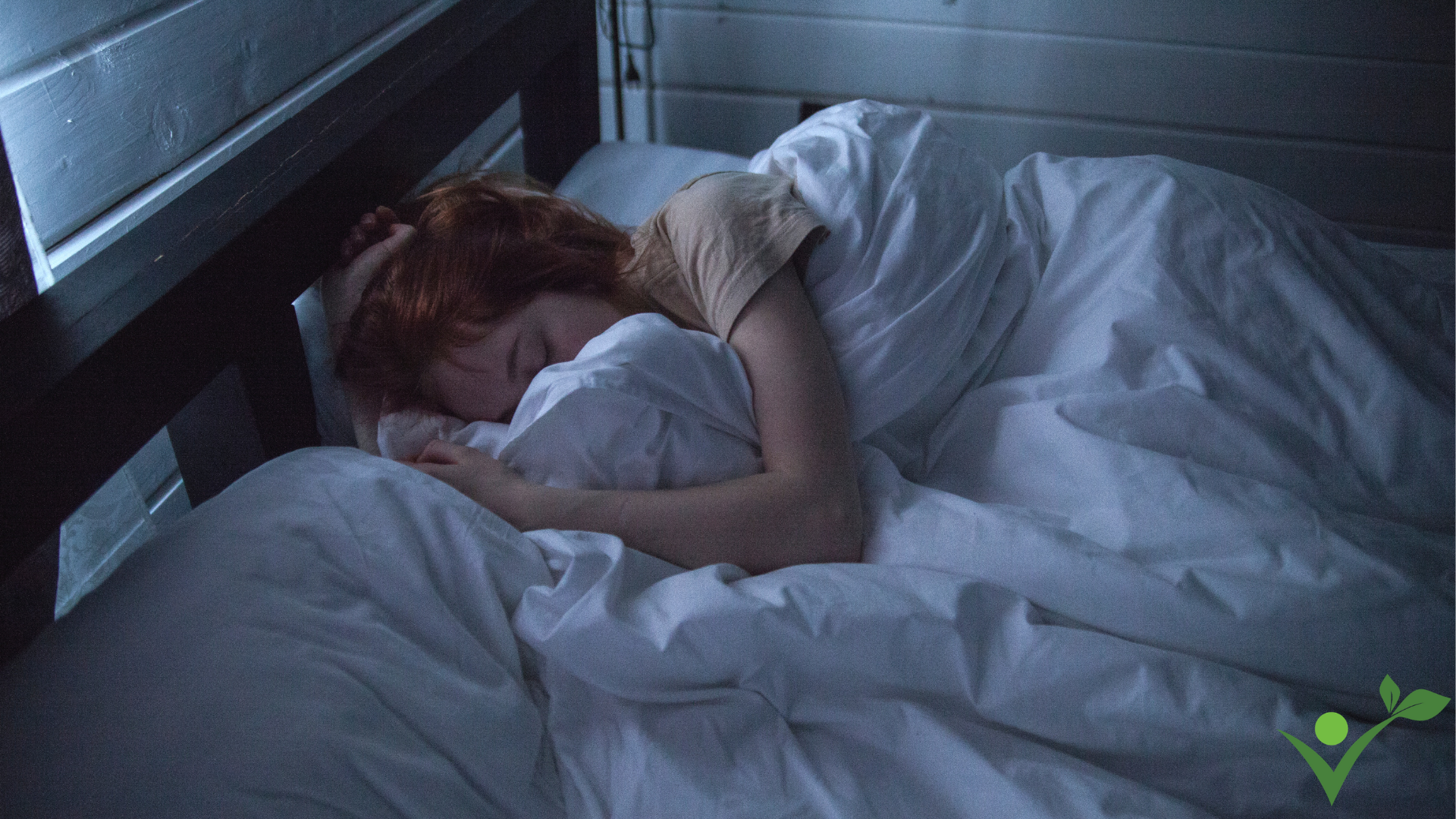The short-term effects of inadequate sleep affect overall health in several ways, causing diabetes, cardiovascular disease, obesity, depression, and more.
Cristina Tesare
The World Health Organization (WHO) recognizes 88 different types of sleep disorders, but insomnia is the most common. When insomnia becomes chronic, it affects 9% of the adult population, but when it is transitory, around 40% of the population suffers from it in general.
Sleep disorder affects people’s physical, mental, social, and occupational health, which is why good sleep is a fundamental pillar of health and quality of life. Everyone at some point has experienced fatigue, bad mood, or lack of concentration that often happens after a hard night’s sleep.
Many people do not realize that the lack or absence of sleep is associated with long-term health problems. It can develop in our body, chronic conditions such as diabetes, high blood pressure, heart disease, and others, decreasing the life expectancy drastically.
Having healthy sleep increases people’s quality of life since it improves neurocognitive and learning capability, reduces the risk of dementia, and strengthens the immune system.
Sleep disorder affects so much. Not only our body will take its toll on; but our social circle, since not resting causes fatigue, irritability and bad mood, relationship problems, and problems in sexual performance.
The consequences will depend on how much our sleep quality is affected, altering our mood, work performance, metabolism, among others. The US Department of Health and Human Services, in its National Institute of Health (NIH), notes that long-term chronic sleep disorders affect millions of Americans each year.
“These disorders and the lack of sleep they cause can interfere with work, driving, social activities, and overall quality of life, and can have serious health consequences. Sleep disorders account for an estimated $ 16 billion in medical costs each year, plus indirect costs due to lost workdays, decreased productivity and other factors” highlights the US Department of Health and Human Services.
The principal causes of sleep disorder have to do with its care and hygiene, affects psychologically. Results of physiological changes such as aging, changes in lifestyle such as long working hours or long trips, and changes due to drug abuse since the latter alter sleep due to hormones, stimulants, steroids, antidepressants, caffeine, among others.
The secondary causes are due to some pathology already existing in the patient or to environmental factors, such as:
- 1. Cardiovascular disorders: heart failure, left ventricular failure, and cardiac arrhythmias.
- 2. Pulmonary disorders: chronic obstructive pulmonary disease (COPD), asthma.
- 3. Eating disorder (ED): anorexia nervosa.
- 4. Endocrine disorders as thyroid dysfunction.
- 5. Neurological disorders: headaches, Parkinson’s disease, lesions in the thalamus, dementia, among others.
- 6. Environmental factors: Extreme temperatures, changes in schedules, trips modify the sleep pattern and may cause insomnia.
Now, being aware of this, we leave you ten tips to apply to improve your quality of sleep:
- 1. Set sleep, and wake time.
- 2. If you take naps, try not to spend 45 minutes a day.
- 3. Avoid alcohol intake 4 hours before sleeping and smoking.
- 4. Avoid caffeine consumption 4 hours before sleeping.
- 5. Avoid heavy, spicy, and sweet foods before sleeping. Choose light dinners.
- 6. Try to have a comfortable place to sleep.
- 7. Try to maintain a suitable room temperature in the piece and keep it ventilated.
- 8. Block out noise and light.
- 9. Keep electronic devices (televisions, computers, cell phones, and tablets) ideally out of the room and limit their use to at least 1 hour before sleeping.
- 10. Relax. You can take melatonin to activate sleep or take the Super Calm capsules that Human Vitae has for you.

